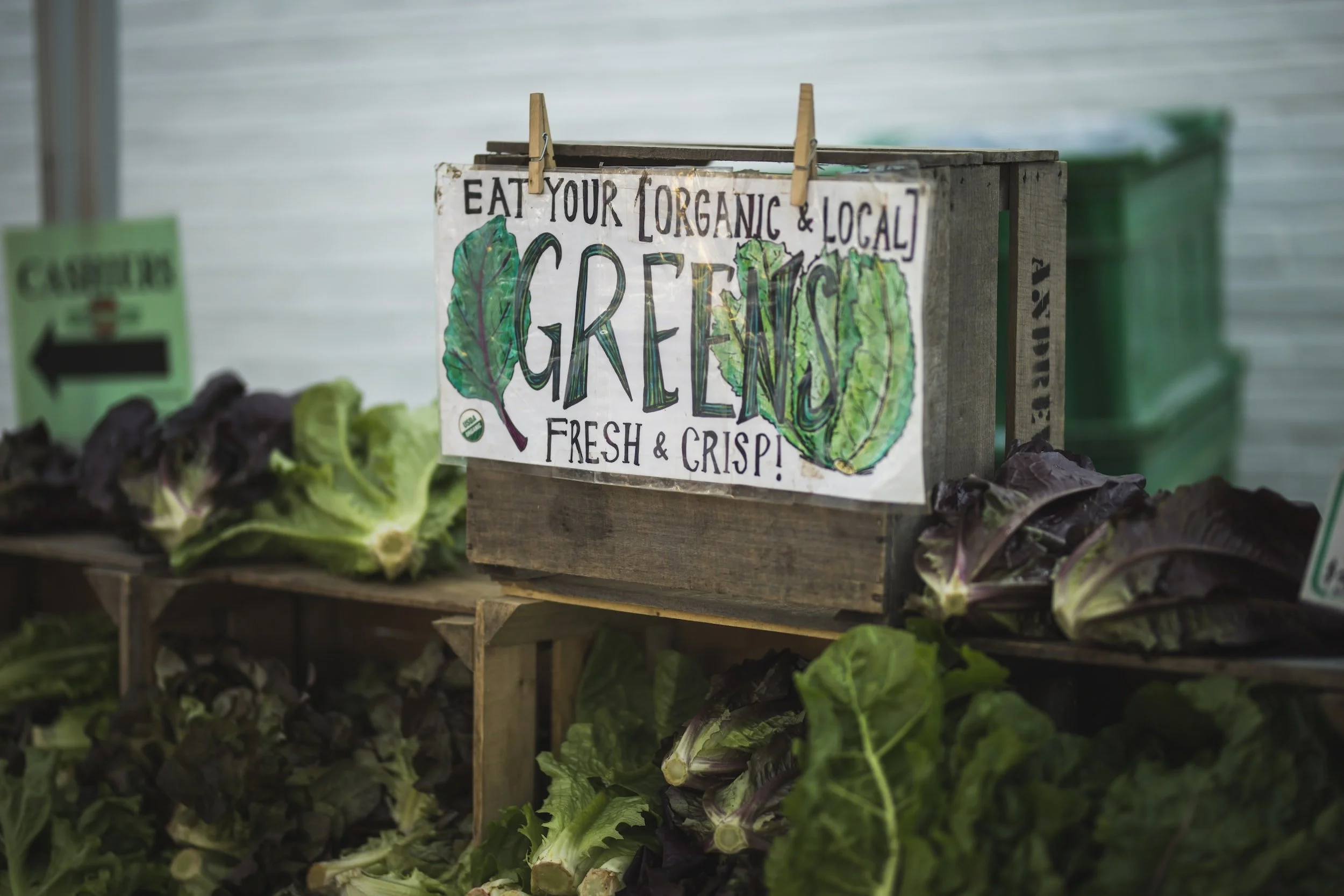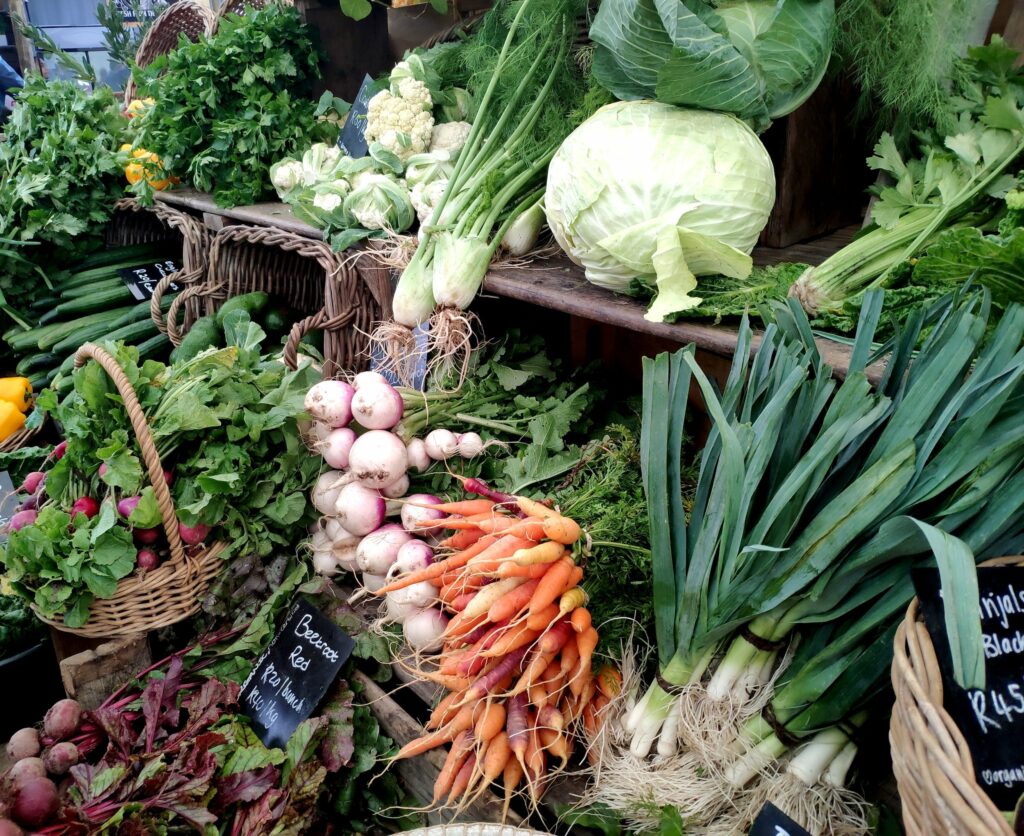Here at Honest, all things green are at the heart of what we do. With many of our lovely clients being in the gardening industry, we wanted to delve deeper into Organic September and to share a bit more about what it means. As many of our clients support the campaign, we decided to help others get to grips with the organic world and how we can all become a part of it.
As the name suggests, Organic September is a month-long campaign, which aims to raise awareness of organic produce, brands and farmers. The campaign also highlights the importance of animal welfare by ensuring that all produce is farmed safely so that it doesn’t endanger any wildlife.
Food that is labelled as organic has to meet strict regulations on how it’s been grown and produced. All organic brands and farms are inspected yearly so that they meet the high standards required by European food law.
But what do we mean by organic? For food to be organic, it has to be produced at a much higher quality, using methods that benefit our whole food system including people, plant health and animal welfare. Organic produce contains few or no pesticides too, which are the chemicals designed to kill insects and other pests, including weeds. Use of pesticides on organic farms is banned, and farmers are only able to use a very limited number of natural pesticides as a very last resort like citronella, however this is very rare and only under strict circumstances.
To naturally control pests, healthy wildlife populations can be used. Farmers encourage birds, beetles, ladybirds and other beneficial insects on to their farms to eat pests such as slugs. Organic farming also avoids the use of synthetic fertilisers and instead uses compost, animal manure and crop rotations to keep crops looking nice and healthy whilst also keeping the soil nutrient rich.
Shopping organic is important not only to us but also to the environment as it reduces the amount of toxic chemicals used and emitted into the atmosphere. Chemical fertilisers are harmful and dangerous to both wildlife and the atmosphere as they emit toxic gases into the atmosphere and can also be poisonous to animals.
Organic farming is also helpful to bees as it supports pollinators. Herbicides and pesticides kill all bugs, both good and bad. So instead, organic farming uses healthy growing techniques that don’t use these chemicals, so that bees are not endangered and are instead encouraged to feast on plants to gather pollen from them.
Organic foods are also much healthier for us as they’re richer in nutrients. This is due to the crops being grown in healthier, rich, organic soil as synthetic fertilisers aren’t used in the farming process. It’s also important to note that organic foods are often found to be a lot tastier as the growing process means the crop is ‘less stressed’!
Why not give Organic September a go this year? It’s really easy to get involved, just look for the organic logo when out shopping. Or, why not be extra adventurous and give growing your own fruit and veg a go! According to the Soil Association, switching just one item in your basket to organic will massively help contribute to changing our food system and protecting the environment. So, why not join in on Organic September 2022 whether it be through growing your own fruit and veg or by making small swaps when doing the weekly shop!






